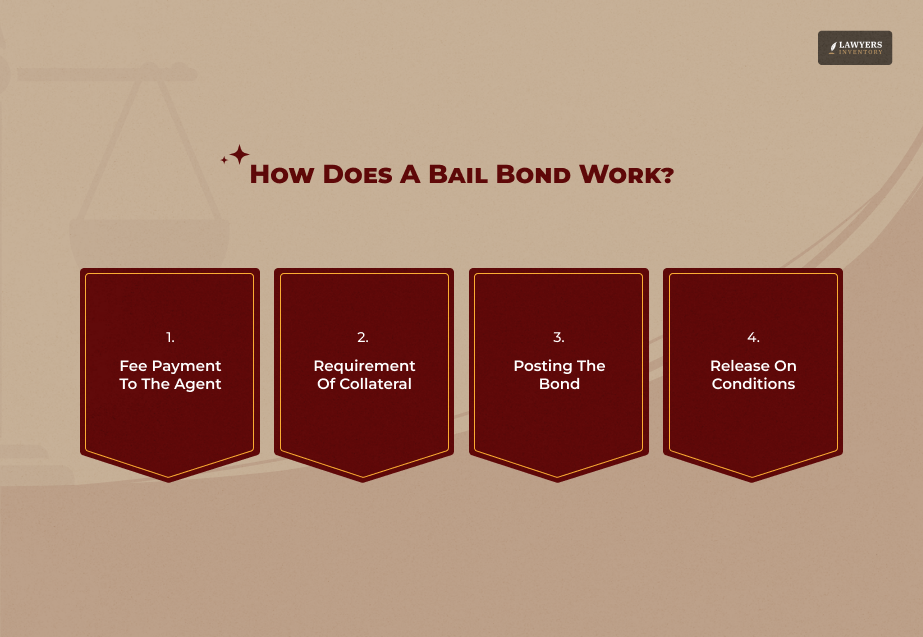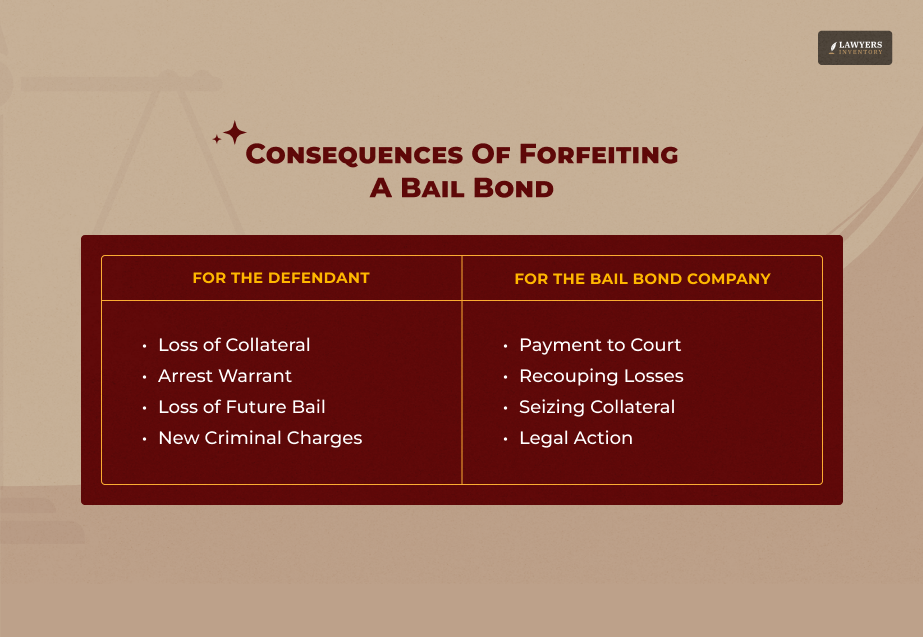
The legal world is not simple. For every action, there is an acute consequence. Even with getting freedom from jail custody, defendants need to show their accountability with a financial guarantee.
That’s how the bail bond system came into existence in the courtroom.
Generally, in this system, the defendant is allowed to leave the judicial custody with a promise to appear for the scheduled court dates without fail.
But to ensure that the defendant appears positively, the legal officers collect financial collateral. This acts as a guarantee for the individual to show up in court for the case proceedings.
Now, sometimes paying the entire amount of the bail is not possible for the defendant.
So, a bond agent or company like the Newport Beach Bail Bonds sweeps in with the monetary amount. Freeing them from custody.
But the real question is — “How do bail bonds work?” Well, that’s exactly what I am going to explore today.
In this blog, I am going to delve into the diverse nuances of bail bonds, highlighting the legalities. So, keep reading to know more!
What Is A Bail Bond?

To explain in simple terms, a bail bond is a legal agreement made by the bond company or agent on behalf of the defendant.
That is, the company or the bond agent pays a specific amount of money on behalf of the defendant to release them from custody.
So, the amount acts as a surety for the defendant’s promised appearance for the scheduled court dates. This ensures the trial is not affected by their release from custody.
Moreover, the defendant pays around 10 to 15 percent of the total bail amount to the bond company, along with certain collateral. So, if they forfeit the bond, the company can collect the collateral for the bail amount.
How Do Bail Bonds Work?
Unlike other legal procedures, the bail process is quite simple. That is, once the bail is set by the judge, the defendant needs to pay the amount and obtain their release.
Now, this is the time most defendants contact a bondsman, agent, or bond company to help them with the financial amount.
So, the bondsman will collect the non-refundable amount (10-15% of the bail) from the defendant and start the process of release.
Moreover, for the rest of the bail amount, they will keep collateral or agreements. So, the defendant is compelled to follow the court orders and appear for the scheduled dates without fail.
Generally, the bondsman collects collateral in the form of financial assets, real estate property, or other means. So, when the defendant forfeits the agreement, they can turn to their friends or family and collect the collateral.
This way, they can ensure or guarantee that the defendant will eventually appear for the trials in court without fail.
What Is The Purpose Of A Bail Agent Or Bondsman?
The bail agent or the bail bondsman is an integral part of the entire bail bond system. That is, without this person, the entire process will fall apart.
For instance, the bondsman or bail agent is the first person the defendant calls to arrange the bail amount. So, they prepare the necessary financial assets on their behalf.
Moreover, the agreement is made between the court and the defendant through the bondsman. So, they have an integral role in this legal bond system.
In addition to this, the bondsman handles the entire process — from posting the bail services to collecting the collateral. Helping the defendant get the release quickly.
Consequences Of Forfeiting A Bail Bond

Although the bail bond offers legal release to defendants, it doesn’t provide complete freedom. That is, they are bound by the agreement and the financial amount.
So, forfeiting the bail bonds can have severe consequences for the defendants.
For instance, if they fail to appear in court on the scheduled dates, then the bondsman will claim the entire bail amount. Additionally, they will collect the collateral in case of the defendant’s financial unavailability.
Moreover, missing the court date can also result in an arrest warrant against the defendant. So, the law enforcers might be on the run to catch the defendant for forfeiting the bail bond.
But if the defendant somehow commits any fraud in court, then they might face more severe consequences. Punishing them for the misdemeanor in front of the court.
Now, knowing about the bail bonds can come in handy in ways you can’t really think of. So, if you are going through a bail bond case, this guide might help you navigate the process with ease.
Frequently Asked Questions (FAQs):
Here are some of the common questions about bail bonds and the legal nuances around them.
1. What Are The Types Of Bail Bonds?
There are around 6 types of bail bonds in the legal landscape. So, some of these types include—
- Surety Bond: For surety bail bonds, the agent or the company provides the financial guarantee for the defendant to appear on the scheduled court appearances.
- Cash Bond: Moreover, the cash bail bonds refer to the complete payment of the bail amount to the court in cash or through a check.
- Property Bond: Alternatively, a part of the property or real estate under the defendant’s name is used as collateral for securing the bail amount.
- Federal Bond: For federal defendants, the federal bond provides a more complex set of bond rules and regulations.
- Citation Bond: Apart from these, citation bail bond allows the defendant to leave custody with the promise to appear in court on the scheduled dates.
- Signature Bond: Similarly, signature bail bonds require the defendant to sign the pledge to promise their appearance in court on scheduled dates.
2. When Are The Bail Bonds Non-Refundable?
Even though most bail bonds are refundable, in some cases, you cannot refund the bail bonds. So, some of these scenarios include—
- If someone has already paid the bail bond fee, then the defendant will not get a refund of the amount.
- Moreover, when the defendant fails to appear in court on the scheduled dates, the money cannot be refunded.
- In addition to this, if in any way the defendant violates the conditions mentioned on the bail bond, then the amount won’t be refunded.
- Finally, if there is any noticeable misrepresentation from the defendant’s side in court, then the bail money becomes completely non-refundable.
3. Do You Have To Pay The Full Amount Of A Bail Bond?
Usually, the defendant does not need to pay the full amount of the bail bond. Rather, they only pay 10% of the total amount, and the bond agent or the financial company covers the rest of the amount. So, with the entire amount, the defendant gets the order to leave the custody.












0 Reply
No comments yet.